- Petra Seals
In an era where digital transformation is accelerating at an unprecedented pace, the concept of customer journey mapping is evolving. Gone are the days of relying solely on broad personas to understand customer behavior. Today, the focus is shifting towards a more granular approach, one that values the individuality of each customer’s journey.
As self-service options and digital channels become the norm, the wealth of data available to each customer grows exponentially. With this data comes an expectation from customers that companies will utilize it to enhance their experiences, but only at the right moments. A recent Forrester survey revealed that 21% of customers are willing to share information to receive personalized advertising, while 42% believe it’s crucial to integrate personalization into loyalty programs. *
This shift in customer expectations underscores a fundamental truth: personalization must be earned. It’s not about bombarding customers with messages that contain their first name but very little underlying value. And don’t get me started on when companies try to personalize and get it wrong. Twitter and Reddit are full of stories of personalization failures. Starting with getting your name wrong, to receiving emails with your first name personalized but having no idea who these companies are or how they got your information.
A recent Forrester survey revealed that 21% of customers are willing to share information to receive personalized advertising, while 42% believe it’s crucial to integrate personalization into loyalty programs.
Instead, it’s about building a relationship founded on trust. Customers say, “Use my data, but only once you know me and I trust you as a company.” This is a much harder piece of the customer experience to achieve.
The implications of this shift are profound. It places a spotlight on long-term outcomes such as quality, retention, and loyalty. With all of the conversations around the importance of AI and data, it may surprise you when I say that humans are an integral part of achieving long-term outcomes. To gain loyalty and retention, there has to be a strong connection to the company first and foremost. Robots and AI cannot make connections, humans make connections. So, it’s about how you can use the technology to find more ways for your human company ambassadors, your front-line, to develop authentic human relationships.
The message is clear: the future of customer engagement is not about impersonal mass marketing. It’s about understanding and respecting the individual journey of each customer. It’s about using data responsibly and ethically to create lasting meaningful connections. And just as importantly, it’s about using data and technology to drive meaningful connections with humans.
As we move forward, companies that embrace this personalized approach will be the ones that thrive in the competitive landscape of tomorrow.
*Forrester Research 2023
Petra brings a breadth of strategic consulting experience in operations, process improvement, leadership development and cultural change. Previously, as a senior consultant for a privately held global operations improvement firm, Petra worked on various projects to reduce operating costs through production efficiency improvements and improve overall profitability through increased utilization of existing assets, and in-depth data analysis for better cost management.
Petra has diverse experience, consulting on projects in manufacturing, transportation, health care and logistics. She brings a positive impact to businesses by mining key business insights, sustaining achievements through cultural and behavioral change programs, and working to implement strategy and improve efficiency.
Petra holds a B.A. in Advertising from Marquette University in Wisconsin, graduating Magna Cum Laude. In addition, she holds a Masters in Urban Education from Mercy College in New York. She is fluent in Dutch, English, French, German and Spanish.

